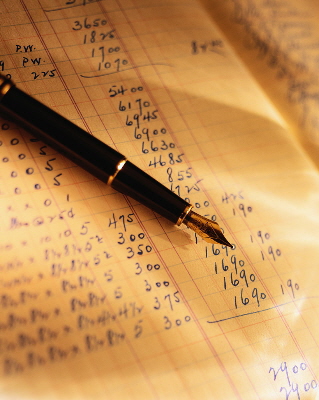- Tax records should be kept for a minimum of three years. (I recommend five.)
- Some documents — such as records relating to a home purchase or sale, stock transactions, IRA and business or rental property — should be kept longer. For example, records relating to the purchase of business assets must be kept for the full depreciable life of that asset plus three years.
- In most cases, the IRS does not require you to keep records in any special manner. Generally speaking, however, you should keep any and all documents that may have an impact on your federal or state tax return.
- Records you should keep include bills, credit card and other receipts, invoices, mileage logs, canceled, imaged or substitute checks, proofs of payment, and any other records to support deductions or credits you claim on your return.
- For more information on what kinds of records to keep, see IRS Publication 552, Recordkeeping for Individuals, which is available on the IRS website at www.irs.gov or by calling 800-TAX-FORM (800-829-3676).
|
Keeping good records after you file your taxes is more than just a good idea. Maintaining adequate documentation will help you with substantiation if the IRS or the state selects your return for an audit. Here are five tips from the IRS about keeping good records:
0 Comments
Your comment will be posted after it is approved.
Leave a Reply. |
Tax News BlogConnie Fox, ContributorScott Mobley-Schreibman ContributorArchives
March 2023
Categories
All
Subscribe to Our Blog |



 RSS Feed
RSS Feed